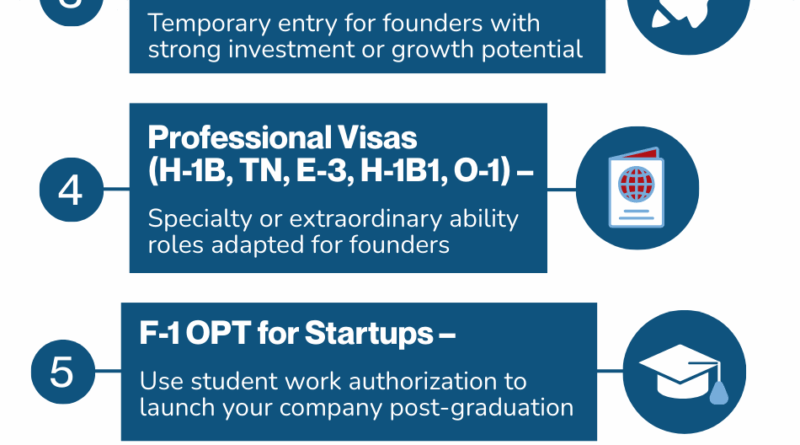The Unsettling Impact of Unpredictability on Foreign Investment in the U.S.
Picture yourself assessing a firm, whose technical squad is located in the far-flung regions of Eastern Europe, rooted particularly in Belarus. This nation, although underrated, is known for its robust focus on Science, Technology, Engineering, and Mathematics (STEM) education, a fact you’re only just coming to terms with. However, the more you dig, the more things come to light that unsettle you – there’s a single-handed ruling power, discontent being quelled with an iron fist, and abrupt modifications in trade laws that businesses scurry to adapt to. Your crew members who’ve flown all the way from the United States could potentially face an unexpected detainment due to minor bureaucratic oversights.
In such a climate of strict surveillance and state control, voicing dissent might lead to businesses losing their operational licenses. You start questioning the stability of creating anything enduring in such tumultuous surroundings, and eventually withdraw your proposal. Initially, these concerns sound like foreign issues, but lately, one might see parallels right here in the United States. Uncertainty has become a common denominator, making non-domestic firms wary about investing in the U.S. due to unpredictable situations that might disrupt operations.
Now, coming to the heart of innovation – startups. They aren’t merely built on talent; they require committed, goal-driven individuals ready to step into the unknown, cross geographical boundaries, and etch out new lives centered around unexplored concepts. This entrepreneurial spirit is often associated with immigrants, who are integral to the success of many of America’s most esteemed startups. Major sectors like semiconductors, biotechnology, and Artificial Intelligence have immigrants at the helm, leaders who didn’t originate here but found their calling in the United States.
Therefore, one must weigh the prospective impact of any policy revision on these ingenious minds and business-persons. Imagine being on a business trip and grappling with uncertainties if your immigration status will face abrupt revocation; how would you still aspire to set up a new venture with its headquarters in the U.S.? This is a world where every nation is vying for entrepreneurial talent – Canada, the UK, Singapore. These countries are extending some impressive ‘red carpets’ to attract the best.
It’s a race we can’t afford to lose by projecting ourselves as unwelcoming to immigrants. Case in point – the ‘New Americans,’ constituting immigrants and their children, who spearheaded about 46% of the Fortune 500 companies as of 2025. These organizations, numbering around 231, clocked a staggering revenue of $8.6 trillion. The U.S. is home to many startups termed as ‘unicorns,’ and more than 40% of their founders were not born on American soil.
Scrutinize the elite list of Forbes’ ‘AI 50’, and you’ll find that six out of every ten companies were the brainchild of immigrants. This demographic is pivotal in elevating the U.S. to a leadership position in global AI. If we turn isolationist, we risk missing out on the next wave of pioneering companies that may not choose to establish base in usual tech hubs like Silicon Valley or New York City. Instead, they might crop up elsewhere.
You could debate the need for nurturing home-grown talent, about making American engineers and scientists the best in the world, thus eliminating the necessity to import talent. And yes, why not? Let us create an ecosystem where you can pursue high-demand fields like computer science and biology without any financial burden – starting with adequate nutrition for children and ending with a debt-free higher education.
In this ideal setting, more individuals would be willing to launch their own companies because their healthcare and employment status wouldn’t depend on static, uninspiring companies. Until such utopian conditions are realized, we must focus on welcoming foreign talent, giving them the assurance of safety and support, to spark and sustain novel innovations. Innovation and talent influx must go hand in hand; we can’t stifle one and expect the other to flourish.

